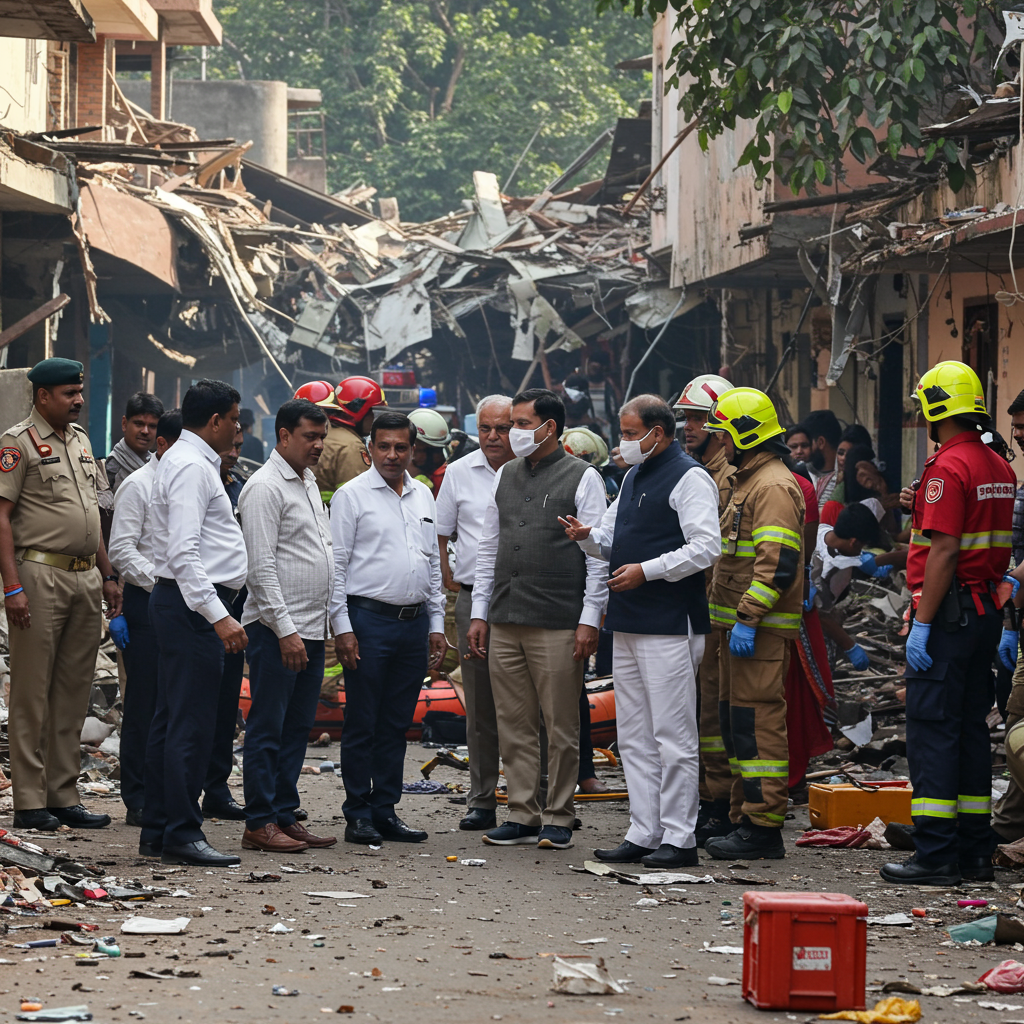Thailand, which made headlines three years ago by becoming the first country in Asia to decriminalize cannabis, has now implemented a significant reversal, banning the sale of cannabis to individuals without a medical prescription.
The new order, signed by Health Minister Somsak Thepsutin, officially came into effect this week after its publication in the Royal Gazette. Under the stringent new rules, cannabis buds have been reclassified as a controlled herb, and shops are prohibited from selling them to customers lacking a valid prescription. Violators face severe penalties, including a potential maximum one-year jail term and a 20,000-baht (approximately $614) fine.
Shifting Landscape for Thailand’s Cannabis Industry
The initial decriminalization in 2022 spurred the rapid growth of a thriving cannabis industry, attracting tourists and benefiting farmers, with thousands of shops opening across the country. However, this boom was accompanied by increasing public criticism and concerns regarding the lack of regulation, particularly the drug’s accessibility to minors and a reported rise in addiction cases.
The Department of Thai Traditional and Alternative Medicine is tasked with enforcing the updated regulations. Licensed cannabis businesses can continue to operate but must adhere to strict new guidelines:
Sourcing: Products must be sourced exclusively from pharmaceutical-grade farms certified by the department.
Reporting: Shops must declare the sources of their products to authorities monthly.
Sales Limits: Sales to customers with a prescription are limited to an amount sufficient for 30 days of personal use.
Officials are currently developing clear guidelines for cannabis prescriptions and overall enforcement. While a grace period for shops to adapt is anticipated, its specific duration remains undecided, contributing to confusion within the industry.
Industry Reacts Amidst Uncertainty
The sudden shift has understandably created apprehension among cannabis business owners. Chokwan “Kitty” Chopaka, a prominent cannabis advocate and former dispensary owner, described the situation, stating, “Owners are freaking out, a lot of them are scared.” She highlighted the confusion surrounding the new rules, noting that even some officials appear uncertain about implementation.
Chopaka argues that sufficient regulations were already in place but lacked proper enforcement, suggesting the abrupt policy change is politically motivated rather than a necessary response to unmanageable issues.
Why the Policy U-Turn?
The government’s move aims to restrict cannabis use in Thailand “fully for medical purposes,” according to Health Ministry spokesperson Treechada Srithada. She confirmed that shops violating the order will face closure and future license approvals will be significantly tighter, impacting the estimated 18,000 currently licensed shops.
Several factors appear to have influenced the decision:
Public Health Concerns: Government officials cite public backlash over accessibility to children and an increase in cannabis addiction. A study by the Office of the Narcotics Control Board reportedly found a significant spike in addiction following decriminalization.
Increased Smuggling: Authorities recently reported a surge in cannabis smuggling cases involving tourists, adding pressure for stricter controls.
Political Shifts: The ruling Pheu Thai Party had previously expressed a desire to re-criminalize cannabis, facing opposition from its former coalition partner, the Bhumjaithai Party, which championed decriminalization. The timing of Health Minister Somsak’s order, signed just days after Bhumjaithai’s departure from the government, has led advocates to view the change through a political lens. Minister Somsak has also publicly stated his future goal of relisting cannabis as a narcotic.
In response to the new restrictions and potential for further criminalization, a group of cannabis advocates has announced plans to hold a rally at the Health Ministry next month to voice their opposition. The future of Thailand’s cannabis industry, once booming under decriminalization, now hinges on the implementation and enforcement of these new, significantly tighter regulations focusing strictly on medical use.



